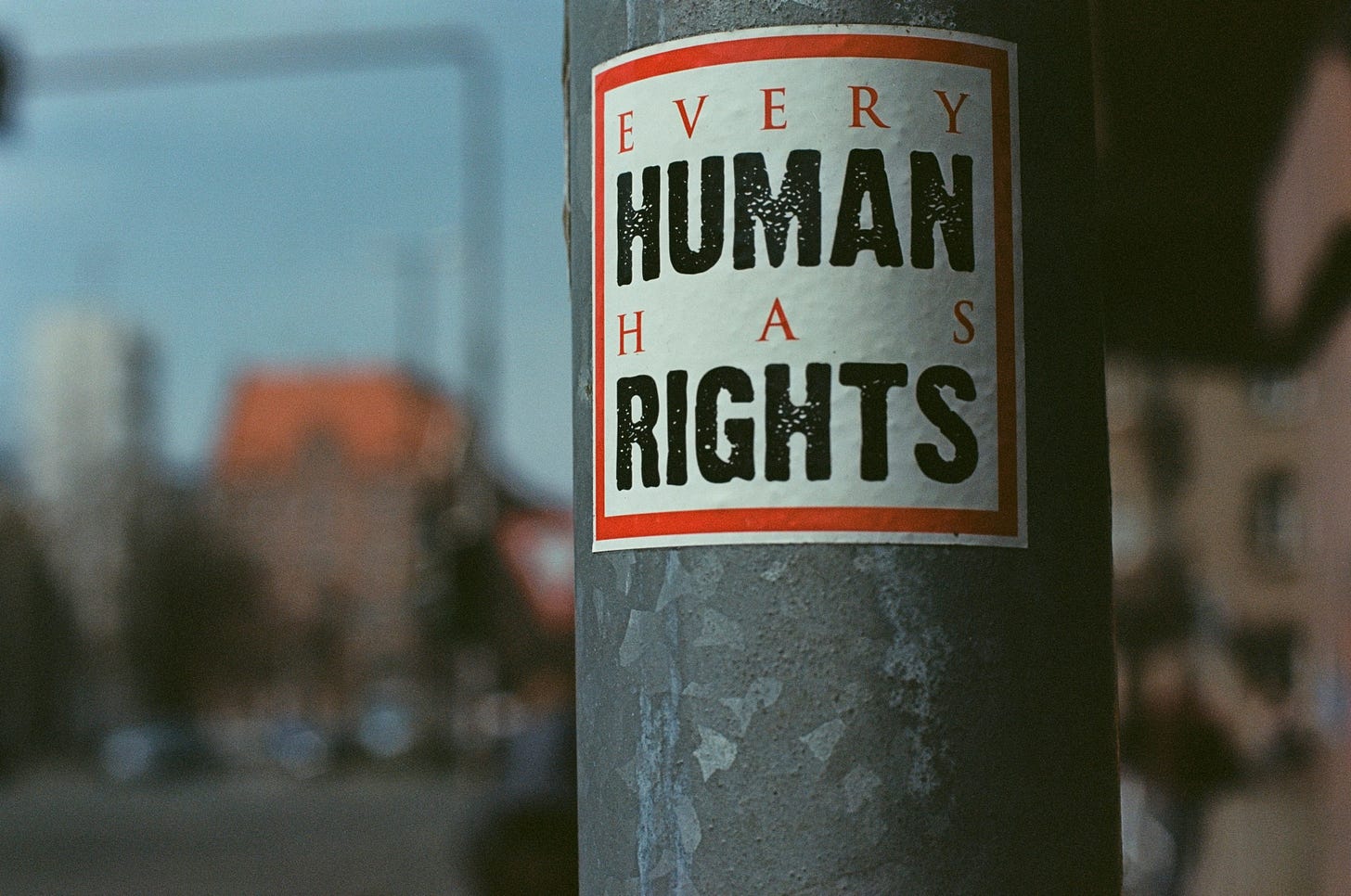The Religion of Human Rights: Part 4
by Alain de Benoist
This is the fourth part of excerpts from Alain de Benoist’s timeless essay ‘The Religion of Human Rights’, published in 1988, in which he examines the ideology of human rights, tracing its influence across various egalitarian, religious, and secular movements, and its role in redefining modern intellectual and political landscapes.
Also read parts one, two, and three.
The ideology of human rights today forms the rallying point for all egalitarian movements, both religious and secular, not only because the current ‘egalitarian civilisation’ requires theoretical legitimisation to the highest degree, but also because the theme of human rights constitutes a common layer of development within its discourse. Liberals and rationalists of Western tradition, moderate socialists, Kantians, Marxists, followers of the Christian-social movement, and even traditionalist Christians have all experienced the rational idealism of human rights at some point in their ‘ideological history’. For this reason, this theme is particularly suited to ecumenically bringing them together, at a time when they most need it.




